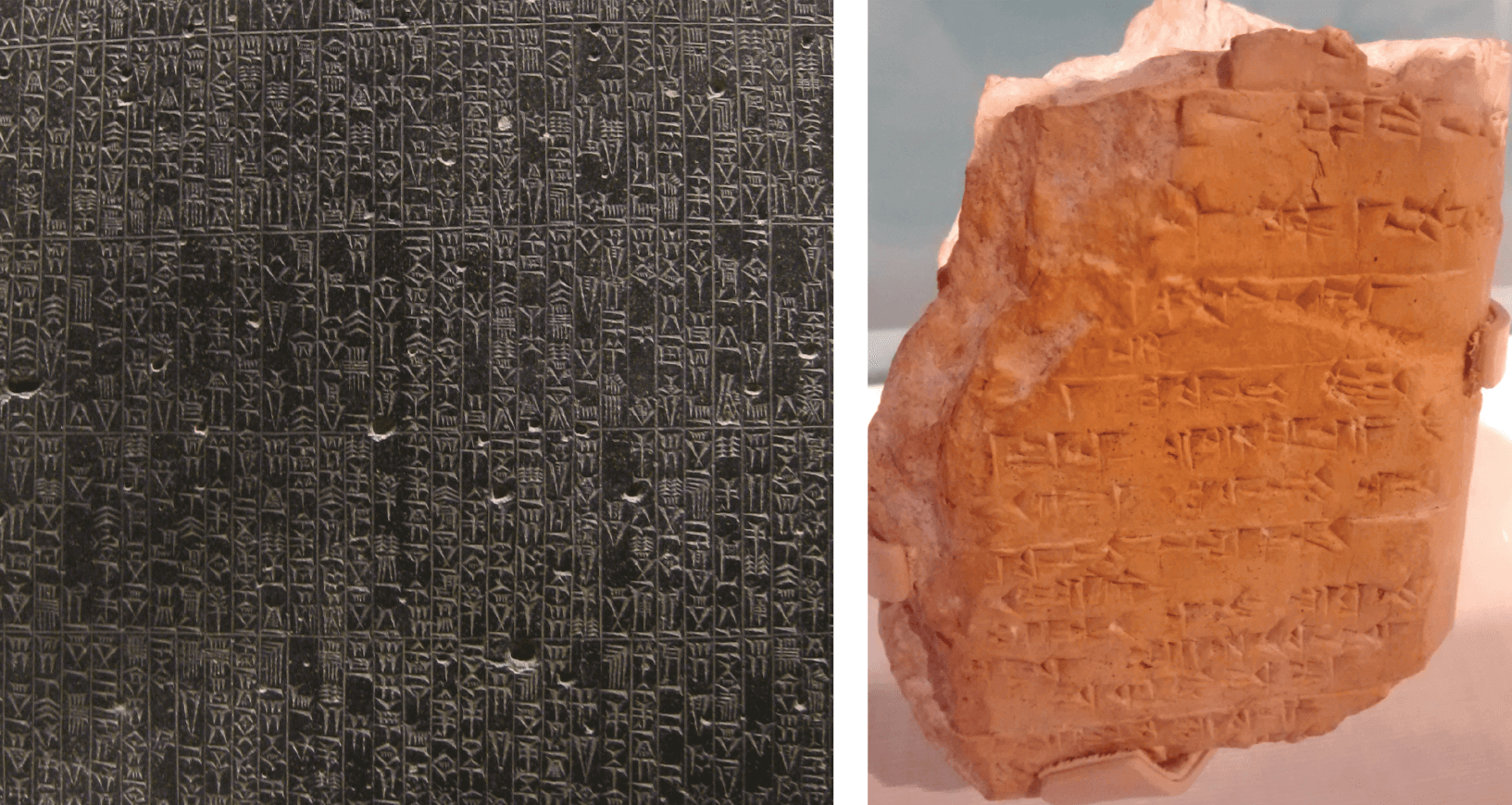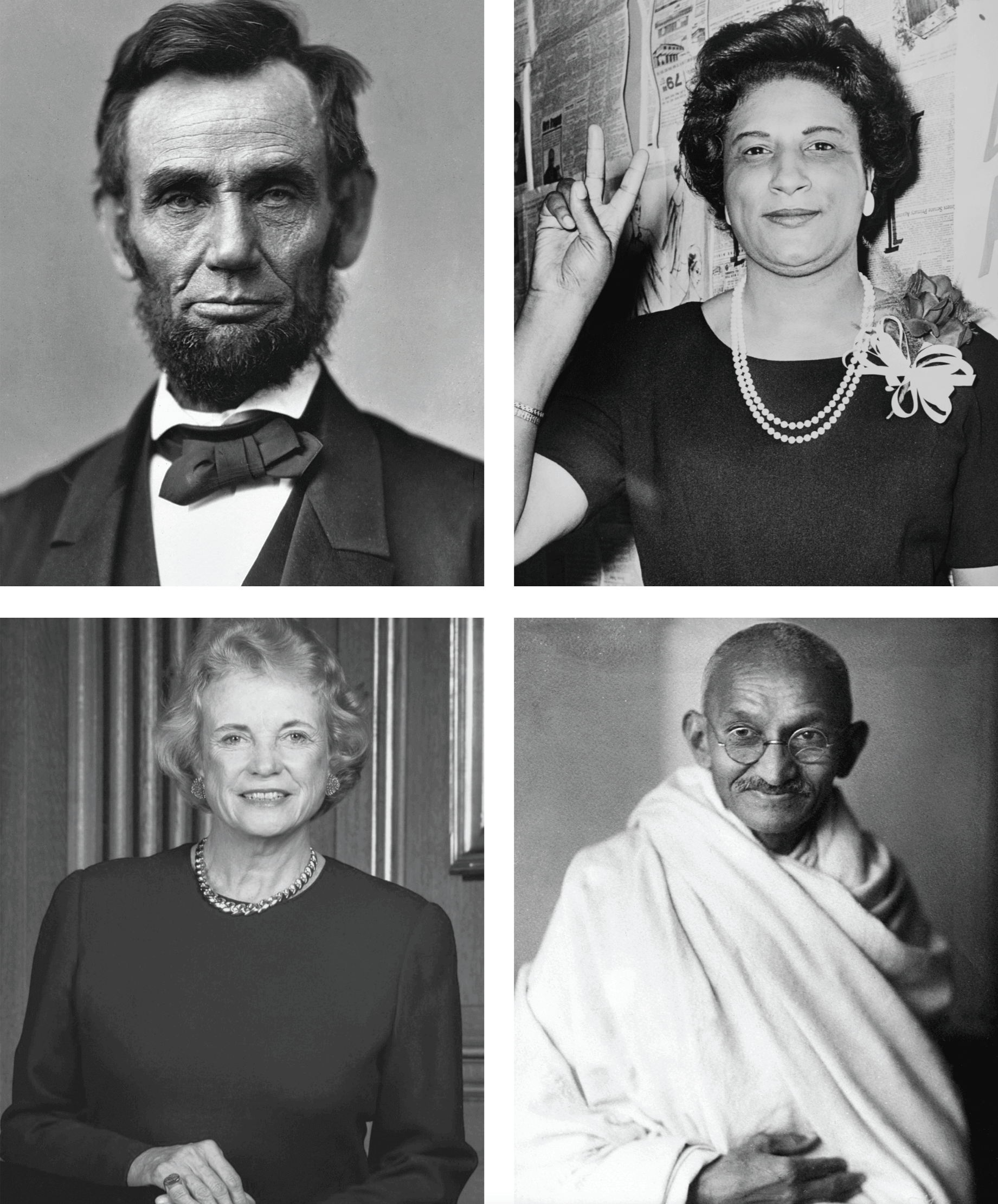The lawyer thought about the place an individual plays, one small mote in this great timeless universe. Document review can do this to a person. How can one’s actions, seemingly small and potentially meaningless in the vastness, have any effect? Whether document review, a privilege log, or form interrogatory responses, the small acts can feel meaningless, like emptying the ocean bucket by bucket. Every legal professional can have moments like these. One way to confront such a crisis of faith, to blow oneself out of the bunker? Consider the great legal tapestry, stretching back eons, and how the threads get woven together. Great people did great things. Most great things did not appear great in the moment. Many were small. So how did that fabric form, what part does each of us play in its continuity, and how do we make those small acts matter?
 The law stretches back millennia. Code of Hammurabi (left) and a Hittite cuneiform tablet believed to be a legal deposition. Photos courtesy of Wikimedia Commons.
The law stretches back millennia. Code of Hammurabi (left) and a Hittite cuneiform tablet believed to be a legal deposition. Photos courtesy of Wikimedia Commons.
I contain multitudes
The law stretches back millennia. It continues into the now. Its shapes and shapers contain multitudes beyond naming. Yet some names help frame our conversation. Lawyers have tremendous impact, shaping our world. We are Cicero’s heirs. Abraham Lincoln did a thing or two. So did Mahatma Gandhi — the sun now sets on the British Empire. Trial lawyers like Clarence Darrow demonstrated the power of persuasion. These people are but a few of the thicker threads, accent points in our legal fabric. They did great things.
In our niche, our ultimate weapon remains trial. The Bay Area gave rise to trial greats like Melvin Belli, Jim Boccardo, and Bruce Walkup, among others. They pioneered deploying demonstrative evidence to strengthen powerful courtroom storytelling, which others throughout the region, then the state, then the country, adopted. Silicon Valley is ground zero for global technological innovation. The Bay Area, probably not coincidentally, is also ground zero for twentieth century trial practice. It’s partly why the lawyers here are so damned good. San Francisco’s Jackson Square housed Belli and his cannon — shot off after a trial victory — and within its blast radius were and still are so many greats. Legends. Legendary. They did great things. And while lionized, imperfect in their own ways as all humans are.
 World-changers and groundbreakers are all woven into the great legal tapestry. From top left: Abraham Lincoln, Constance Baker Motley, Sandra Day O’Connor, and Mahatma Gandhi. Photos courtesy of Wikimedia Commons.
World-changers and groundbreakers are all woven into the great legal tapestry. From top left: Abraham Lincoln, Constance Baker Motley, Sandra Day O’Connor, and Mahatma Gandhi. Photos courtesy of Wikimedia Commons.
History is now
Many of us learn from the students and heirs of Belli, Boccardo, and Walkup, and their contemporaries. We learned by watching, working for, and listening to the likes of McGuinn, Veen, Rouda, Kelly, Alexander, Gwilliam, Lawless, Brandi, Arns, Dolan, and so many others, all having done great things. They absorbed and expanded the advocacy arts, each generation weaving in their own skills and knowledge. The same is true with the defense brethren, as the quickest learning path is to go toe to toe against worthy opponents. Nor can we forget those who sit in judgment, those whose orders and opinions ripple through history.
Woven too, are all of us. Every day we bring the fight, the fire, we overcome the odds, we help each other and those in need, and we never, ever, ever give up. We are the adventurers, the seekers, the changers. We weave ourselves into the great legal tapestry with abundant joy in all we undertake. We weave into that tapestry our absolute best. We add our own creativity and passion, drawing on modern tools, embracing technology while remembering the old tools like compelling storytelling and butcher block still have a place in the courtroom. And we do great things.
Do small things
So, what are great things? Everything we touch, touched with intentionality. Martin Luther King, Jr. said, “If I cannot do great things, I can do small things in a great way.” Answering discovery responses. Refilling the copier. Listening to the potential client, who definitely does not have a case but needs an ear. Anything worth doing is worth doing well. And in that way, small things become great things. But how do small things become great things? By distilling what one does, and doing what is essential. Today’s attention economy, if one allows oneself to get sucked into it, has us distractedly attempting many things simultaneously, much of it done less well than it could be. Francis of Assisi tells us, “Do few things but do them well, simple joys are holy.”
This can be challenging advice for the practitioner, and yet attainable. Small things start with knowing what’s important now, doing that thing and only that thing, and moving on to the next important thing. That small thing is a tiny fiber, those small things together become threads, and woven together the threads become great things. They define us and become our contribution to the greater legal fabric. Because history is now, we are blind to how our acts are tomorrow’s history. Our creativity and passion becomes legend for our next generation.
Outro
Back to our lawyer, struggling with small things. With the reflection upon how small acts done well become the foundation for great things, the lawyer re-engaged. There are no ordinary moments, no meaningless acts, only action.
A version of this article originally appeared in the June 2024 issue of Plaintiff Magazine.

Coopers LLP helps seriously injured people and accepts referrals and co-counsel opportunities from lawyers. We excel in strategizing. Have a matter you’d like to brainstorm? Contact us at (415) 434-2111 or info@coopers.law.
Coopers LLP has lawyers licensed in California, Oregon, and Washington State, and can affiliate with local counsel on matters where Coopers can make the difference.
